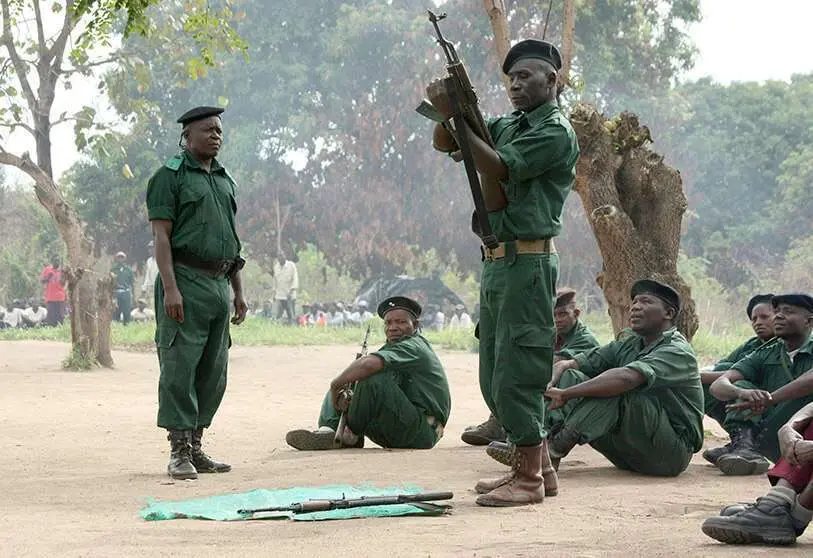Jihadism stalks Mozambique

Jihadism, which is spreading rapidly across the African continent, has been plaguing Mozambique and its weak democratic and economic development for years. A few days ago, a group of terrorists stormed the industrial and tourist city of Palma, in the province of Cabo Delgado, in the north of the country, near the Tanzanian border and on the edge of the Indian Ocean, maintaining control for several days and causing dozens of deaths and hundreds of wounded.
Palma, with a population of 25,000, has been booming in recent months as a result of the large gas reserves in its subsoil. The French company Total holds the concession, on which dozens of experts from different European countries are working. The exploitation of gas is precisely one of the objectives set by the jihadists of the Ahlu Sunna Wal Jamas organisation of the so-called Islamic State.
Popularly known as Chabad, "The Youth", this organisation focuses its struggle on religious and economic demands. It was founded in the 2000s and since then has continued to expand its terrorist activity, terrorising the population and extending its control over a large part of the province. Poverty in the region has been a crucial element in its expansion and influence among Muslims, the fastest growing faith.
In the gas deal, Total secured the security that the Mozambican armed forces have failed to maintain. The government in Maputo has for some time now increased its military contingents, which often engage in open fighting against the jihadists. The fighting has claimed thousands of victims. The jihadists are estimated to have more than 2,000 armed and trained militants who know the terrain and are recruiting more and more supporters.
As soon as news of the assault on Palma broke, the government sent in several reinforcement battalions. Distance and poor roads greatly delayed their arrival, which kept the jihadists in control of the city. The number of armed terrorists involved in the operation is estimated at around 150. Casualties, resulting from street fighting, acts of vandalism and direct executions, numbered, according to military sources, in the dozens.
An early action of the attackers was to blockade the hotels where many foreigners resided and were held prisoner for several days under threat and insults from the guards, who were well armed with modern military equipment and prevented them from leaving. The gas fields are located on the outskirts of the city and the attackers caused little material damage. Exploitation has now resumed. Thousands of people fled, which makes it difficult to know the precise number of victims.
It was not, as I said, the first attack on towns where military garrisons were stormed, but it was the most important in terms of the scale and operational capacity demonstrated by the terrorists. Concern among the government, which is powerless in the face of the growing threat, is enormous. Some accuse the military of being incapable of dealing with the threat and foreign assistance to curb jihadist expansion has so far been negligible. Concern also extends to neighbouring countries.

